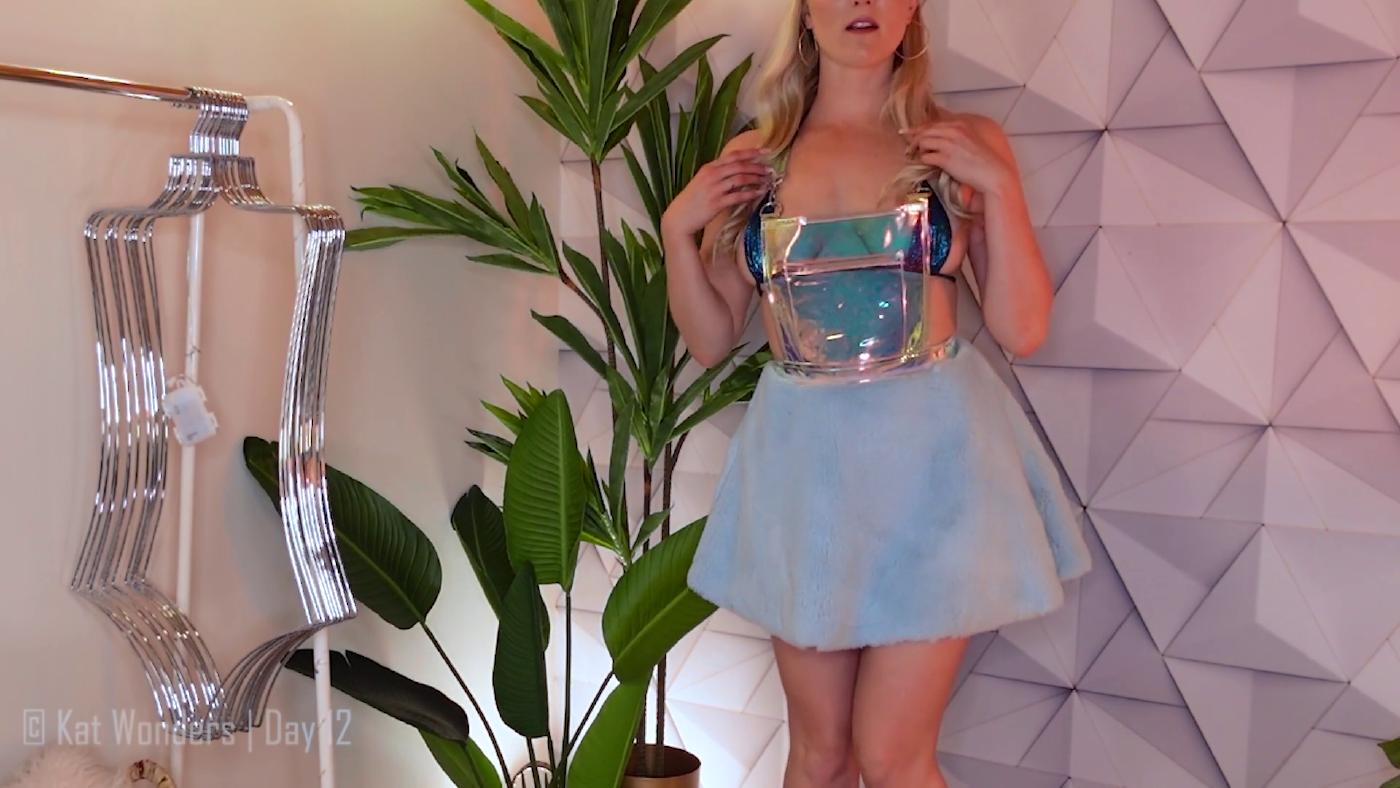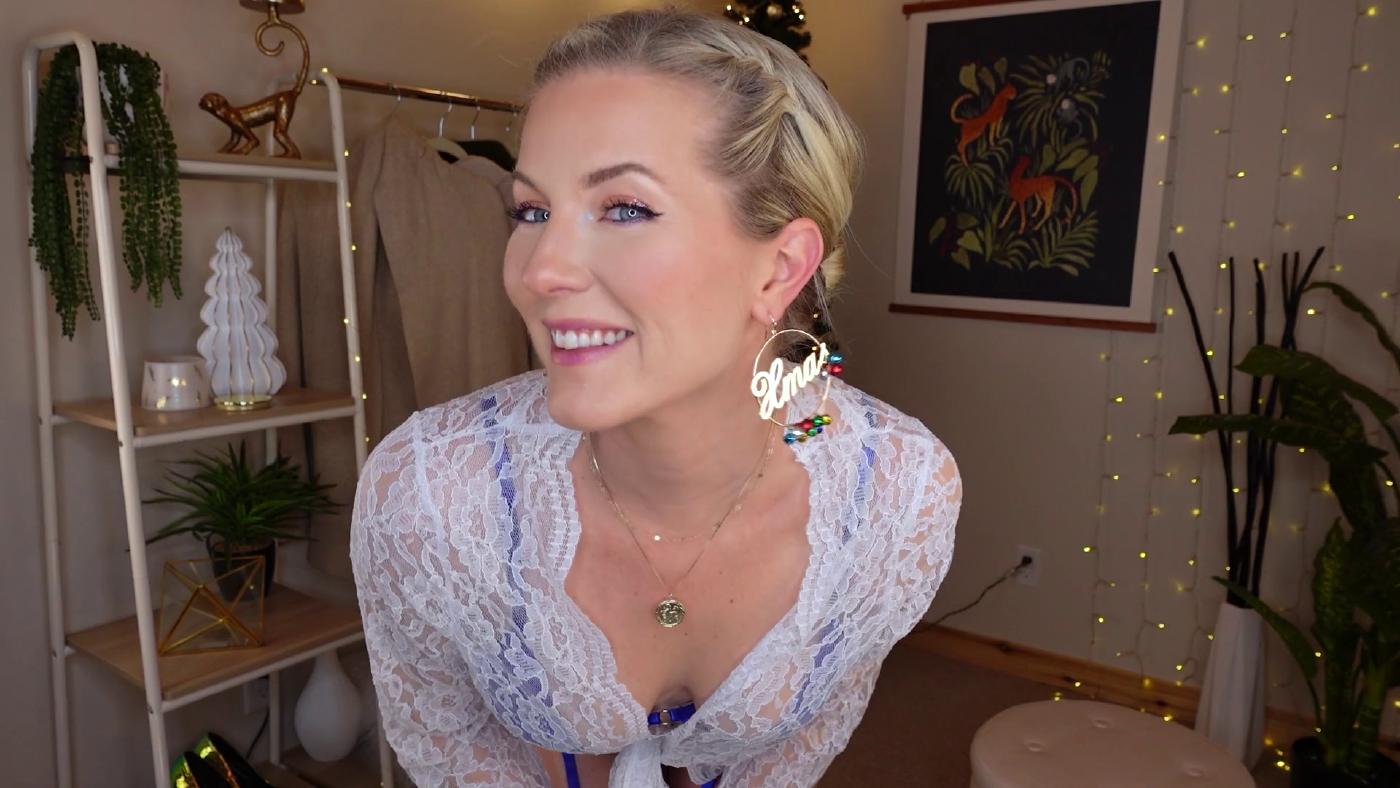Does the relentless pursuit of online fame inevitably lead to a descent into recklessness? The answer, increasingly, appears to be a resounding yes, as the "influencers gone wild" phenomenon continues to capture the attention of a global audience, often for all the wrong reasons.
The term "influencers gone wild" has become a ubiquitous descriptor of the darker side of social media stardom. It encompasses the instances where content creators, often with a significant following, engage in attention-seeking behaviors that are ethically questionable, legally dubious, or outright dangerous. These actions, fueled by the pressure to maintain relevance and generate engagement, can range from the mundane, albeit inappropriate, to the truly shocking. The consequences, however, can be far-reaching, impacting not only the influencers themselves but also their audience and the broader societal landscape.
| Category | Details |
|---|---|
| Definition of "Influencers Gone Wild" | An umbrella term for online creators who engage in irresponsible or dangerous behavior to gain attention and increase their popularity. This can include, but is not limited to, illegal stunts, offensive content, and promotion of fake or dangerous goods. |
| Common Behaviors |
|
| Motivations Behind the Actions |
|
| Impact on the Public |
|
| Impact on Influencers |
|
| Responsibilities of the Platforms |
|
| Ethical Considerations |
|
| The Future of "Influencers Gone Wild" |
|
Source: Example.com
The journey of a social media influencer, often a seemingly rapid ascent to digital stardom, is frequently paved with relentless pressure. Whether the influencer's focus is fashion, fitness, gaming, travel, or any other niche, the constant demand for fresh, engaging content is a driving force. This imperative can lead to a cycle of content creation, with creators generating material daily to maintain a presence in the highly competitive social media landscape. This constant content output is not always beneficial. It can, and often does, lead to the erosion of ethical boundaries in pursuit of relevance.
The rapid rise of the influencer industry has coincided with a blurring of lines between the personal and the professional. The audience, drawn to authenticity, becomes privy to intimate aspects of an influencers life. The influencer, in turn, is often incentivized to share more, to be more vulnerable, and to take risks, as these traits can translate into engagement metrics the currency of the digital realm. This can be particularly dangerous in an era where fame is often valued above all else, and where negative attention can, paradoxically, fuel a creator's online presence.
The phenomenon often referred to as "influencers gone wild" is, at its core, a reflection of the darker side of social media culture. It is a symptom of a system that rewards shock value and sensationalism above genuine connection and responsible behavior. This trend exposes the vulnerability of influencers to manipulative tactics and the potential for harm to both the individuals involved and their followers. In many cases, the goal is simple: to go viral, irrespective of the ethical or legal implications.
The allure of quick fame and significant financial rewards can be a powerful siren song, leading influencers down a path where they may be tempted to cut corners, disregard ethical considerations, or even break the law. The pursuit of viral content can manifest in a variety of concerning ways, from the promotion of potentially harmful products and services to the engagement in reckless stunts and challenges that endanger both the influencer and those around them. It can also extend to the dissemination of misinformation and participation in deceptive advertising practices, eroding public trust and damaging the credibility of the entire industry.
The pressure to maintain relevance in a rapidly evolving digital landscape is a constant burden for influencers. The algorithms of social media platforms are fickle, rewarding novelty and engagement above all else. This leads to a constant race for attention, pushing influencers to push boundaries, sometimes with detrimental consequences. The quest for the next viral moment can overshadow the importance of responsible content creation and ethical behavior.
The ascent of an influencer from ordinary individual to online celebrity is rarely a straightforward trajectory. It often begins with a passion a genuine interest in fashion, fitness, gaming, travel, or some other niche. Driven by this passion, these aspiring influencers start creating content, hoping to connect with a like-minded audience. With engaging content and a dedicated fanbase, many influencers experience a rapid rise to prominence. They become recognizable figures in their chosen fields, often partnering with brands to promote products and services. It is at this point that the responsibility associated with their influence becomes apparent.
Influencers hold significant power in shaping societal values, consumer trends, and cultural conversations. They can influence their followers' purchasing decisions, spread awareness of important issues, and even contribute to the formation of public opinion. With this power comes a considerable ethical obligation. Influencers must recognize the impact of their actions and strive to uphold ethical standards in their content creation.
However, the reality is that not all influencers prioritize ethics. The lure of fame and profit can be overwhelming, leading some to engage in unethical practices. These can include deceptive advertising, the promotion of harmful products, and the spread of misinformation. The misuse of influence can have serious consequences, eroding public trust, damaging consumer welfare, and even contributing to the spread of dangerous ideas.
The "influencers gone wild" trend is not merely a series of isolated incidents. It is a manifestation of a deeper problem within the influencer industry a culture that often prioritizes shock value and sensationalism over truth and responsibility. This culture is driven by a combination of factors, including the pressure to maintain relevance, the pursuit of financial gain, and the lack of robust ethical guidelines and enforcement mechanisms. The resulting environment is one where risky and irresponsible behavior can be normalized, and where the consequences of such actions are often minimized or ignored.
The future of "influencers gone wild" depends on several key factors. Increased awareness among audiences of manipulative tactics is crucial. As consumers become more savvy, they are less likely to fall for deceptive advertising and are more likely to scrutinize the content they consume. The implementation of stricter guidelines and regulations by social media platforms is also essential. Platforms must take responsibility for the content that appears on their sites and actively work to curb unethical behavior.
There is a need for increased transparency and accountability within the influencer industry. Influencers should be required to disclose any sponsorships or endorsements they receive, and platforms should provide tools for users to report unethical behavior. Collaboration between influencers, brands, and platforms is also necessary. Working together, these stakeholders can create a more responsible and ethical digital ecosystem.
Ultimately, the "influencers gone wild" phenomenon serves as a cautionary tale about the dangers of unchecked social media fame. It highlights the importance of ethical content creation, responsible behavior, and critical consumption. Only through a concerted effort to address these issues can we hope to mitigate the negative consequences of this troubling trend and create a more positive and trustworthy online environment.
The need for this shift is becoming increasingly apparent. As the public becomes more discerning, influencers who prioritize authenticity, transparency, and ethical conduct will be those who ultimately thrive. The future of the influencer industry depends on the ability to learn from the mistakes of the past and build a more responsible and sustainable model for the future.


